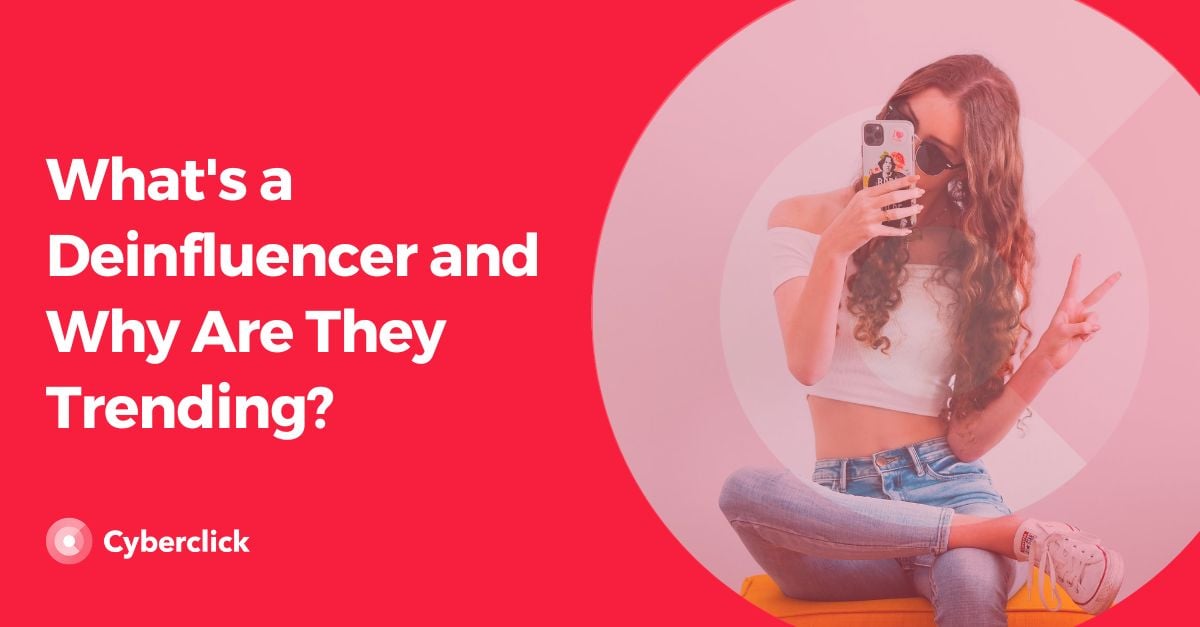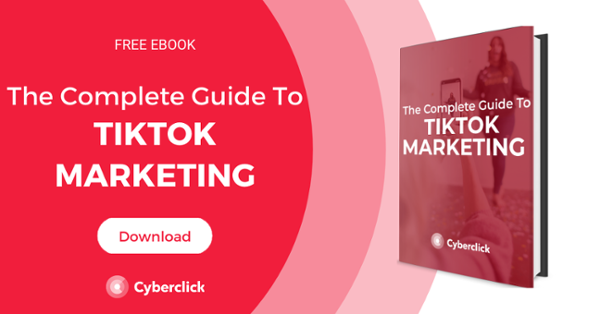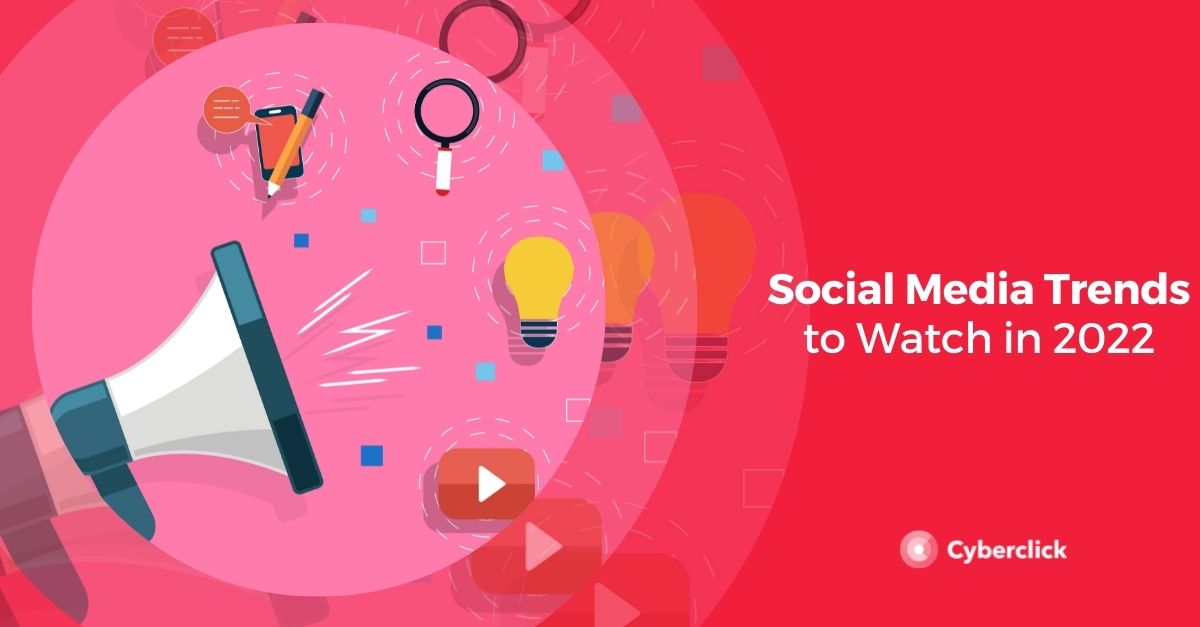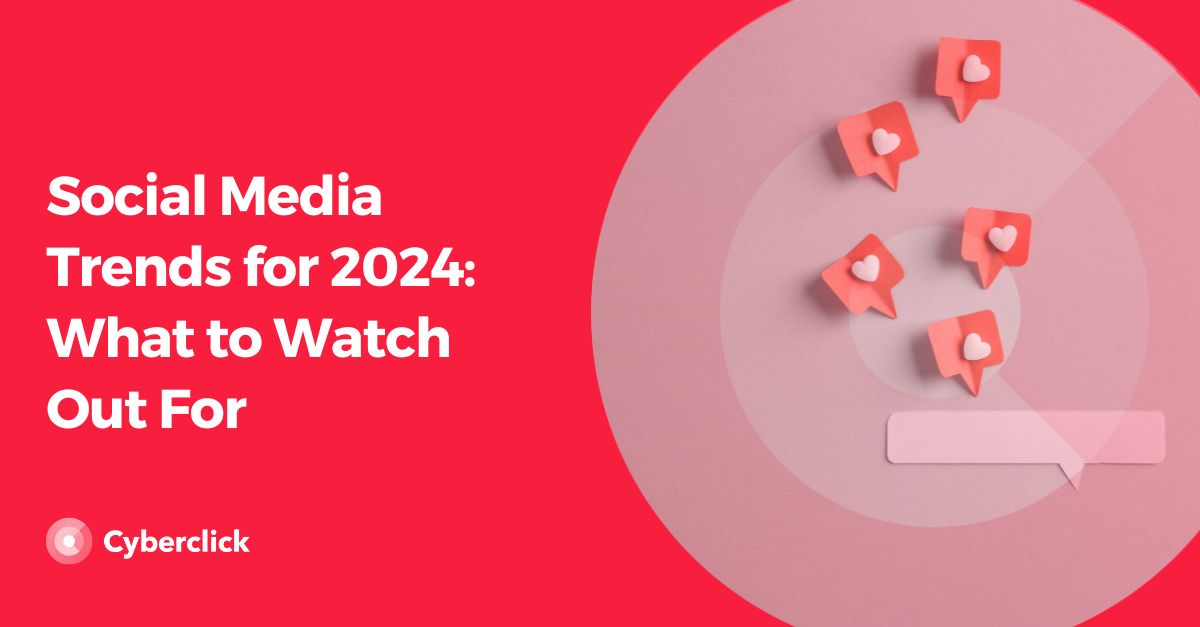Numerous brands have embraced influencer marketing as a strategy to boost brand awareness. Nevertheless, in recent times, the concept of "deinfluencing" has gained popularity. This trend involves critiquing consumerism and specific products or services.
Below, we'll delve into exactly what this practice consists of and how it can affect companies.

Who Are Deinfluencers?
Influencer marketing is directly linked to consumerism. This approach involves influencers recommending products and services on social networks in order to persuade their followers to make purchases. However, a contrasting concept has emerged in recent times known as "deinfluencing."
The deinfluencer is a social media influencer who tells their followers which brands to avoid and which products not to buy. They are totally sincere in their opinions and help consumers make decisions in a much more conscious and less impulsive way. They are not committed to any brand and give their genuine opinion on whether or not a brand's product or service is really worthwhile.
This trend emerged on TikTok, although it has gradually spread to other social networks. In fact, it is now common to find influencers who have joined this trend, which is often appreciated by the audience. Audiences tend to place more trust in individuals who are willing to criticize products and services rather than those who consistently offer positive endorsements on their profiles.
Origins of the Deinfluencer Trend
The deinfluencer emerged on TikTok, where users began to inform their audiences about products and services that were not really worthwhile, especially in the field of fashion and beauty.
The number of views accumulated by these types of videos grew to such an extent that more and more content creators joined the trend. Audiences valued these video for their ability to enable more informed, less impulsive shopping.
It's important to note that consumer behavior is also evolving. People are becoming more skeptical and have more questions about content they encounter on social media. They expect greater honesty and transparency from content creators.
Among this deinfluencer trend, content recommending imitations or cheaper versions of products have also become popular, especially within the tech.
However, despite all this, deinfluencing doesn't spell the end of influencer marketing. It's a trend that also impacts the user. It doesn't signify the demise of consumerism, but it does require brands to take a different approach to their influencer strategy. This means carefully selecting the right influencer for collaboration, considering their audience and aligning content with their expectations.
How the Deinfluencer Trend Affects Your Brand
Deinfluencing can affect any brand, especially when the criticism from the influencer is very negative. However, you can implement strategies to avoid campaigns against your brand or any of its products or services.
Any criticism should be carefully examined, and the specific points under attack should be analyzed. This can be accomplished with help from a content creator who genuinely appreciates your brand and can create positive content. This shows that what might be viewed negatively by some could be perceived positively by others, leading to a diversity of opinions that encourage consumer reflection.
It is clear that any negative comment, especially when it comes from an influencer, can give your brand a bad image, but if prepare a good content marketing strategy, this can certainly be resolved.






Leave your comment and join the conversation